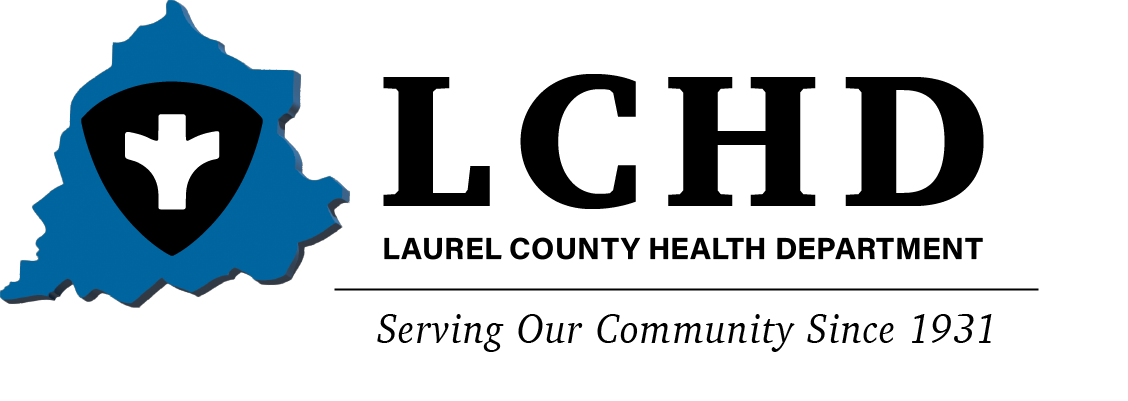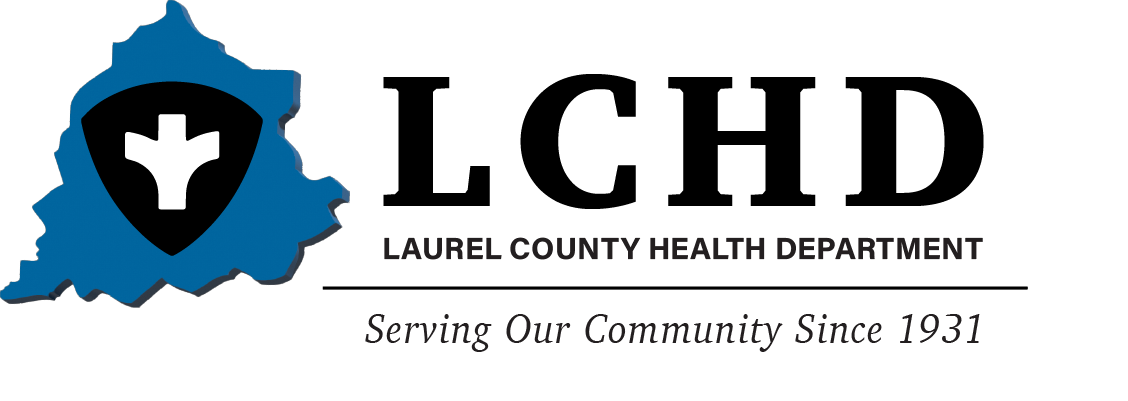May - August 2025 Food Prescription Program - Click Here for Guidelines and Registration Information
Nutrition & Diabetes
Newly Diagnosed with Diabetes or New to Diabetes Education?
The Diabetes 101, A Self-Guided Approach to Understanding Diabetes e-Learning module provides basic information on diabetes for those newly diagnosed or not ever attended a diabetes learning session since being diagnosed. The module is self-paced and have 2 options to learn. Please contact Diabetes Education Program at 606-864-5187 for more information and options for further class learning. Please feel free to send comments or issues with the module to lynnett.renner@ky.gov. Thank you for taking time to learn more about diabetes.
Try Our Accredited Diabetes Education Program
Diabetes Classes are FREE to attend and are open to anyone with an interest in learning more about diabetes and nutrition. Diabetes Self-Management Education and Support (DSMES) teaches strategies or self-care behaviors that can help individuals prevent, delay, or manage the onset of diabetes. The education is led by licensed health professionals (Registered Dietitian/Nutritionist, Licensed Diabetes Educator, Registered Nurse) and provides support as part of your health care team up to 6 months after the education. If you have been diagnosed with pre-diabetes, diabetes, or just want to learn more about prevention of diabetes, you can join our Healthy Living With Diabetes (HLWD) education. Our diabetes program is nationally accredited with the Association of Diabetes Care and Education Specialists (ADCES).
The self-care behaviors (healthy eating, being physically active, monitoring diabetes, problem-solving, how to treat low and high blood sugars, taking medications, and healthy coping) taught in DSMES have been proven by research to be as effective as medicine to control blood sugar. Your health care provider can prescribe medication and coordinate diabetes care but 90% of diabetes care happens in the home. Learning more about self-care of diabetes is very important!
Please see the schedule for online DSMES. You can attend diabetes education from the comfort of your own home by using a smart phone, tablet, IPAD, or computer. The sessions are free! If you attend each of the 3, 2-hour sessions, participants are placed in a drawing to receive a $50 grocery card. DSMES may also be offered as in-person sessions and schedules will be posted.
Information is available on the topics presented in each of the three sessions and how to join a Zoom meeting for online DSMES. If you want to attend the online education but do not have internet access, please contact the Laurel County Health Department for more information for an IPAD loan program for the education series. Registration is required and consists of (1) HIPAA policy and consent for services (2) Release of Information request to the health provider for most recent A1C and Blood Pressure: requested at beginning of education and 4-6 months after the education (3) Diabetes Health Assessment: the health assessment allows the health professionals providing DSMES instruction to tailor the education as much as possible to ensure that the education is helpful for each participant. If you are interested in registering, please email: diabeteshealthyliving2021@gmail.com.
Know Your Diabetes ABCs
A is for A1C
B is for Blood Pressure
C is for Cholesterol
-
• Improved blood sugar and hemoglobin A1c levels
• Prediabetes: delay of onset of diabetes or prevention of diabetes
• Improved control of blood pressure and cholesterol levels
• Higher rates of taking medication appropriately
• Fewer or less severe diabetes-related complications
• Healthier lifestyle behaviors, such as better nutrition, increased physical activity, and use of primary care and preventive services
• Enhanced self-management of diabetes
• Decreased health care costs, including fewer hospital admissions and readmissions
SELF CARE BEHAVIORS
Due to the importance and interest in nutrition, each session will include a nutrition activity. Each session will help build your nutrition knowledge. By the last session, you can apply this knowledge to be able to plan a healthy meal plan to help manage diabetes.
-
Participants that attend the three, 2-hour education sessions will be eligible to be placed in a drawing to receive a $50 Grocery Card.
Participants that attend the three, 2-hour education sessions will receive a certificate of completion that can be submitted to insurance wellness programs to possibly receive a cash incentive or other reward.
-
If you have registered for a class series, you can access the class forms below:

Nutrition Resources
For help calculating Body Mass Index (BMI), proper portion sizes, and other nutrition information visit Choose My Plate
To learn more about the importance of fruits and vegetables in your diet and ideas for how to prepare them, visit Fruits and Veggies: More Matters
USDA Food and Nutrition Services provides information on healthy nutrition choices, visit their page at http://www.fns.usda.gov/
American Dietetic Association: www.eatright.org
For healthy, affordable recipes, search Recipe Finder
For information on portion sizes, visit Portion Size Health Tool
-
Whole-grains are rich sources of vitamins, minerals, fiber and other nutrients that keep your body healthy. Consuming whole-grains as part of a healthy diet can help reduce the risk of some chronic diseases.
It is recommended that you “make half your grains whole grains”.
-
Consuming dairy products provides health benefits and foods in the dairy group provide nutrients that are vital for your body’s health. Nutrients in dairy products include: calcium, potassium, vitamin D, and protein.
Dairy products can have large amounts of saturated fat and cholesterol, two types of fat that contribute to health problems such as heart disease and obesity. Because of this, it is important to make choices from the dairy group that include low-fat and fat-free products.
Some examples of low-fat dairy products include:
Low-fat (1%) milk or fat-free (Skim) milk
Low-fat or fat-free yogurt
Low-fat or fat-free cheeses
You may also choose soymilk that has been fortified with calcium if you are unable to tolerate milk products.
Parents can be a positive influence on their children by purchasing and consuming low-fat dairy products. It’s important to teach children healthy nutrition habits when they are young so they continue those habits into adulthood.
-
5-2-1-0 is Kentucky’s prescription for significantly reducing childhood obesity.
Five: Eat five or more servings of fruits and vegetables each day.
Two: Limit screen time to no more than two hours a day.
One: Be physically active at least one hour per day.
Zero: Don’t drink sweetened beverages.Parents/caregivers are the most influential factor on their child’s nutrition and activity. Be a positive role model and let your children see you being active and making healthy food choices.
Let kids help you in the kitchen. When they help create meals, they are more likely to take pride in, and want to eat the foods they have a role in preparing.
Eating together as a family is one of the most important activities a family can do. Children have an opportunity to talk about things that are important to them as well as learn about foods and manners.
Research shows a decrease in high-risk behaviors is related to the amount of time spent with family – especially during family dinners.
Research has demonstrated that a child may have to try a new and healthy food up to 15 times before liking it. Try preparing the new food in different ways. It also might help to serve the new food alongside a familiar food that your child enjoys. The more often you try these new foods, the more routine they will seem



